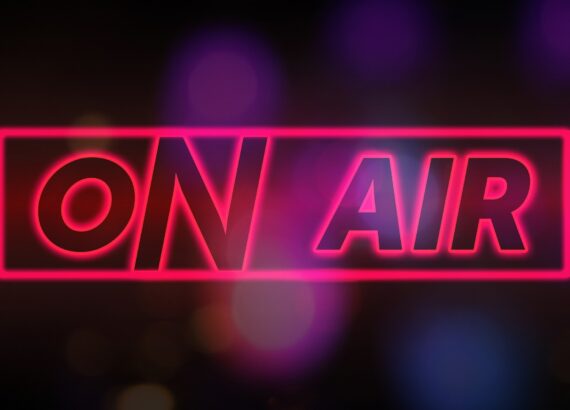Is non-FDA approved medicine worthless?
A while back, I posited a simple mechanism by which completely ineffective treatments can appear effective and maybe even gain prominence as “alternative” or “traditional” medicine. So then are all alternative medicines ineffective? After all, there’s that famous joke: “Q: What do you call non-traditional medicine that works? A: Traditional medicine.”
At first glance, there’s a lot of logic to that idea. If something really works, won’t it soon get incorporated into mainstream medicine? Here’s a simple explanation for why the answer is “no”.
In the US, non-traditional medicine can be roughly described as anything that seems like it’s supposed to make you healthier in one way or another, but with the cautionary label “This statement has not been evaluated by the Food and Drug Administration. This product is not intended to diagnose, treat, cure, or prevent any disease.” If you want to “legally” be able to claim that something works, you need to have Food and Drug Administration (FDA) approval.
Because FDA approval requires clinical trials, which are expensive, private companies will only undertake such trials if they expect to profit from the results. But private companies will not be able to patent most alternative medicines because most are by definition not novel treatments but ones that have been in use for years, decades, or even centuries. And you cannot patent something that isn’t novel. Instead, a reasonable expectation is that other companies will use the results to market the same medicine and the company who did the testing will not be able to recoup the trial costs by charging more for the medicine.
Thus, testing whether alternative medicine is effective is a “public good”: society (including other companies) captures most of the benefits, while whoever does the testing bears the full cost. This implies that the private market will under-test alternative medicine. In fact, the only reason private companies would test anything that they can’t patent is for PR purposes, which is probably a pretty weak incentive.
The WRONG conclusion to draw from this analysis is that alternative medicine is effective but overlooked by the private sector. But, as my previous post makes clear, alternative medicine could just be “correlated” with feeling cured or work as a placebo. So what do we do about this? The clearest implication is to have public funding of scientific research to test which alternative medicines do and do not work.
It’s true that there is already some testing of alternative medicine. But if you search for “alternative medicine research funding”, you basically get nothing (you get much better results for “dog diabetes research funding”). And given how prevalentthe use of alternative medicine is, it seems like we should be funding more research of its effectiveness. It’s worth it (up to a point, of course) to spend some money up front and either put a definitive nail in the coffin of a useless approach or discover medicine that could be incorporated into everyday medical practice. Undoubtedly, some people will keep taking “natural” medicine no matter what research says. But we should figure out what’s true and what’s not.
If you’re interested, here are two great (and longer and more detailed) articles on alternative medicine: 1 and 2.




Comments are closed.